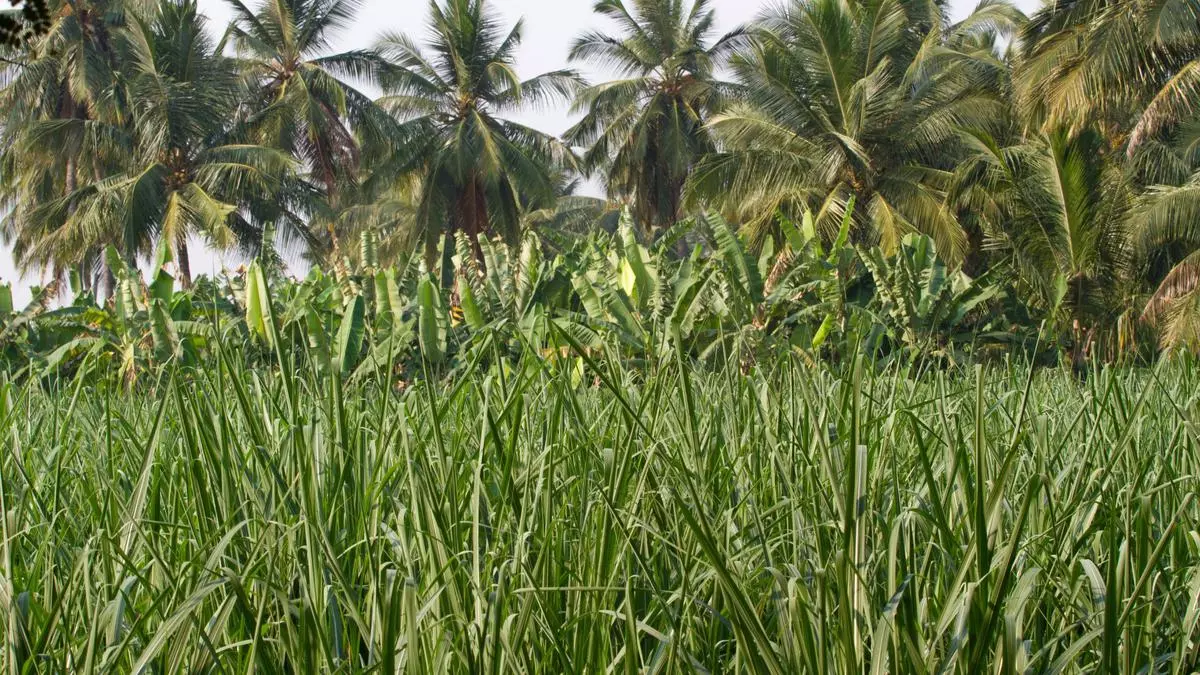Non-chemical farming helps prevent pests, says UP farmer
Deshpal Rana, a farmer in Chamli district in western Uttar Pradesh, has been cultivating crops without using chemical inputs for the past seven years and has been selling his produce at a premium of up to Rs 20/kg off the market price, except in the case of sugar cane. Although he supplies sugar mills at the same rate as other farmers, he hopes that one day chemical-free sugarcane will achieve higher rates, too.
“I was guided by Dr. Chandra (Agricultural Scientist) to prepare the bio-pesticides in 2016 and continued the same process to prepare them myself. The first year our cultivation was a bit weak, but the next year there was some growth. I made a permanent 5000 liter tank and now we put Waste remover along with other inputs like gor leaves and neem.
He also said that people in nearby areas all knew he was growing “organically,” so they place the order in advance to buy the product. “The basmati (Pusa 1509) brought in $5,000/quintal while the market price (with chemical pesticides) was $3,000/quintal,” said Rana, adding that he takes three crops a year.
At Cane, he said he tried to go organic injustice (Jaggery) through a local kolho (gur maker) and even sold at ₹ 50/kg, it is still not regular. “I have no choice but to sell to the sugar mills at the same price without any premium,” he said. In fact, one has to bring organic sugarcane at the beginning or one has to wait till the end Koolhaus Another farmer, who was there to learn about organic farming from Rana, said he will not clean the whole system once they start crushing the sugar cane and the organic products will be mixed with others.
- Read also: Centre: India takes additional measures to check irregularities in organic farming certification
It is not actually a biological pesticide, which is used after a pest attack, Rana said, because applying its organic formula helps it prevent the attack of fungus and pests. He also claimed that his field “normally” had no pests while the neighboring sugar cane field had regular occurrences. He cultivated a land of 50 bighas (about 31 acres), most of which he devoted to sugarcane as it is a common feature of the area.
Although he has heard about organic certification, he doesn’t have much knowledge about it, nor does he feel comfortable selling his products as “pure organic.” “Everyone in the neighborhood knows about the organic farming that I do, and because of the growing health awareness among the people, there is also a growing demand for my products every year,” said Rana.
In terms of crop nutrients, instead of the traditional urea, diphenyl ammonium phosphate, which is commonly used in rice cane, paddy and wheat crops, Rana uses a bio-fertilizer made from cow dung. “I need to apply bio-fertilizer once every three years, unlike every year in the case of chemical fertilizers. I usually get enough cow manure for my fields,” adding that he has six animals — cows and buffaloes. He said that what was required was one wagon (80-100 quintals) for each biga.
